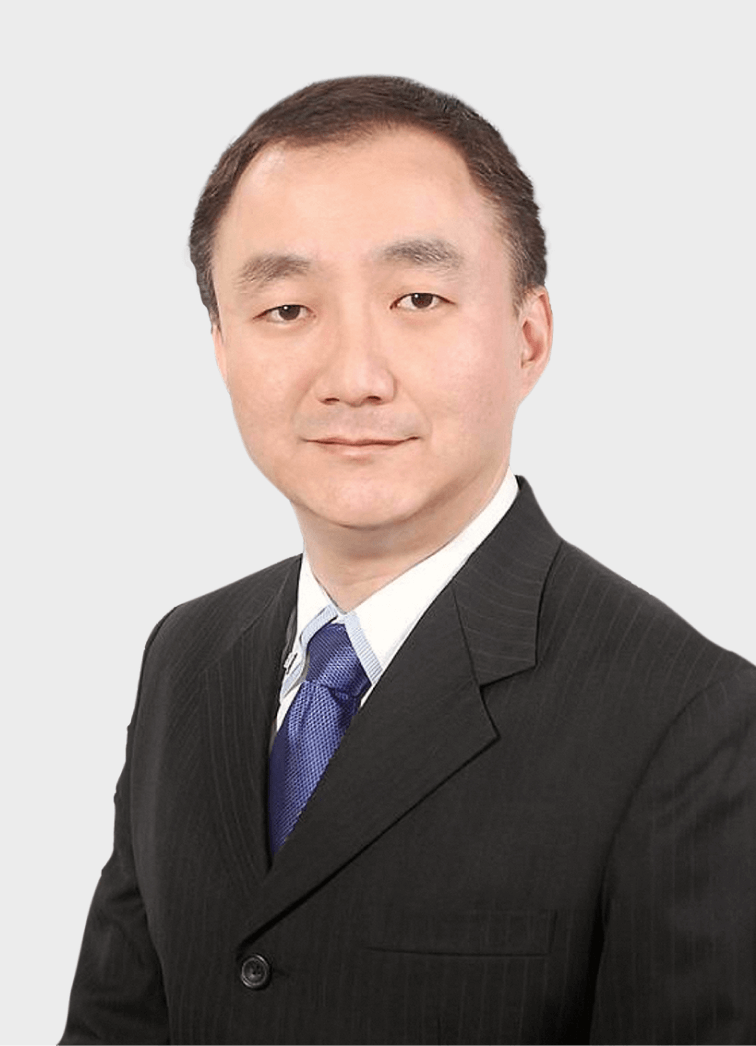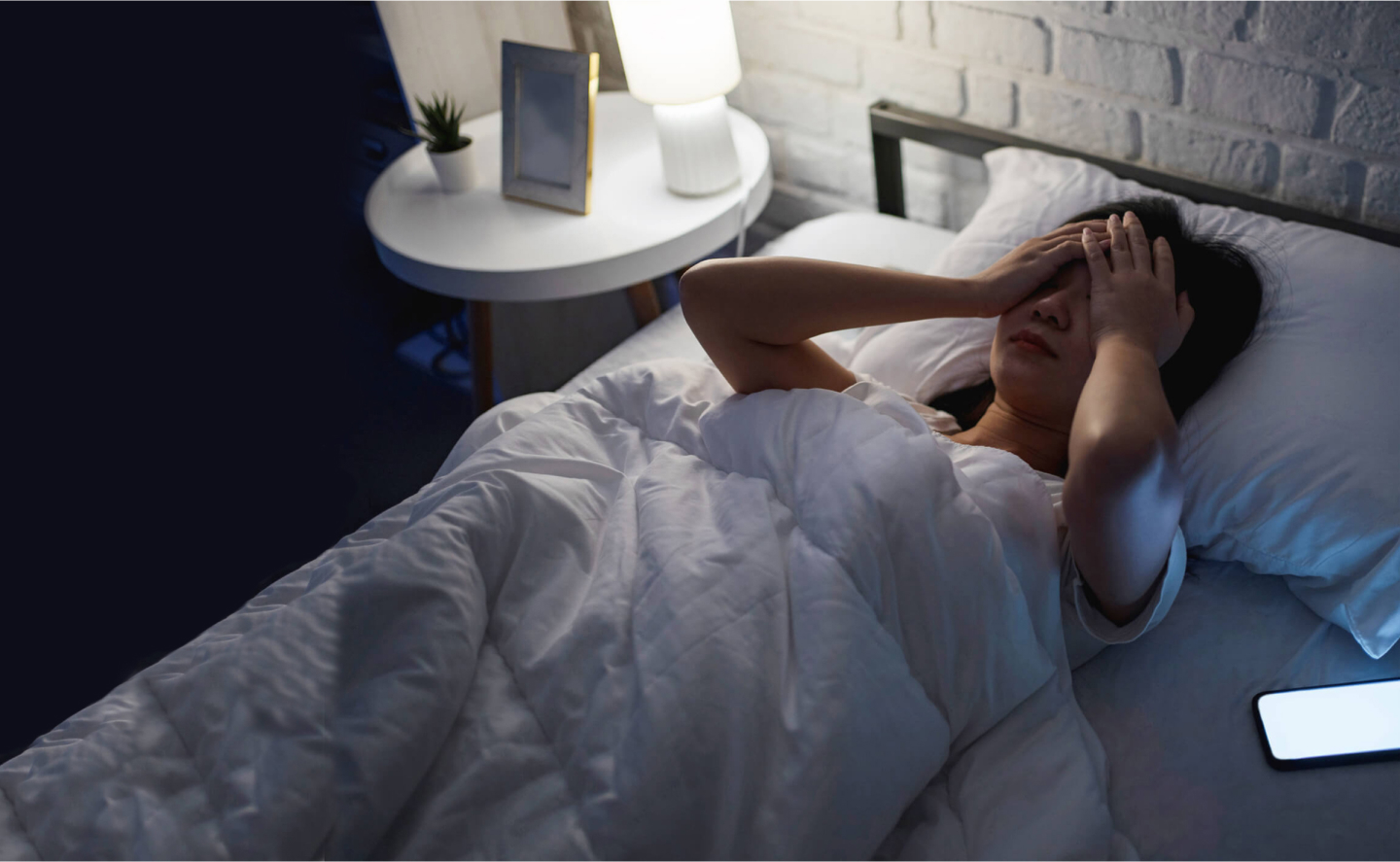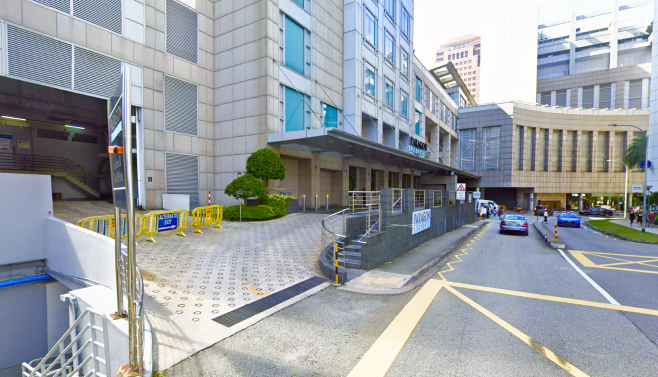The Safety Net
Sleep Disorders Singapore
Senior Consultant Psychiatrist, Dr. Tan Sheng Neng
MMED (Psych), MBBS, MCI, FAMSSleep disorders are a group of conditions that affect sleep quality and duration, impairing a person’s daily functions. Although difficulty sleeping is common, you may have a sleep disorder if you experience the following:
- Daytime sleepiness and fatigue
- Regularly experience difficulty falling asleep
- Reduced ability to perform daily activities
What Are Sleep Disorders?
Sleep disorders are commonly associated with abnormal sleeping patterns, daytime sleepiness and an impaired ability to function properly during the day. In some cases, sleep disorders may be an indication of an underlying medical or mental health condition.
It is crucial to seek early intervention and diagnosis for a sleep disorder as a prolonged lack of treatment may lead to further health consequences.
It’s important to note that feeling sleep deprived is normal.
However, if you find yourself having an abnormal sleep pattern, experiencing constant daytime fatigue and sleepiness, and having difficulty going through daily activities, you may have developed a sleep disorder.
It is crucial to seek early intervention and diagnosis for a sleep disorder as a prolonged lack of treatment may lead to further health consequences.
Get Started

Senior Consultant Psychiatrist
Dr. Tan Sheng Neng 
Dr Tan was the Director of Consultation-Liaison Psychiatry Service (2017-2019) at Changi General Hospital (CGH), Singapore. He was also an Assistant Director (Psych) of the Integrated Sleep Service at CGH (SingHealth Duke-NUS Sleep Centre), where he helped develop into a department in 2018.
- Master of Medicine (Psychiatry)
- Master of Clinical Investigation (MCI)
- Bachelor of Medicine and Bachelor of Surgery (MBBS)
- Fellow of the Academy of Medicine, Singapore (FAMS)
At present, besides the clinical work in his clinic and hospitals, Dr Tan also holds the following appointments:
- Clinical Advisor to Samaritans of Singapore (SOS)
- Lecturer to Executive Counselling and Training Academy (ECTA)
Dr Tan has a specialised interest in neuropsychiatry. He treats patients with Sleep Disorders, Mild Cognitive Impairment and Brain trauma or injury, particularly from strokes.
Read Full Bio

Symptoms of Sleep Disorders
Some of the most commonly reported symptoms of sleep disorders include:
- Difficulty falling or remaining asleep
- Struggling to stay awake during the day
- Lack of focus, especially during the day
- Slowed response
- Poor performance in school or at work
- Frequent mood swings or difficulty controlling emotions
- Having a persistent urge to nap during the day
- Anxiety
- Weight gain
What Causes Sleep Disorders?
There are several possible causes of sleep disorders. Some of the common causes include:
Allergies
Respiratory Problems
Chronic Pain
Stress and Anxiety
Frequent Urination
Negative Effects of Sleep Disorders
If sleep disorders are left undiagnosed and untreated, it can lead to significant impairment in quality of life and further complications such as:
- Depression, obesity, hypertension
- Heart attack & Stroke
- Extreme mood swings
- Weakened immunity
- High blood pressure
- Weight gain
It’s important to note that feeling sleep deprived is normal.
However, if you find yourself having an abnormal sleep pattern, experiencing constant daytime fatigue and sleepiness, and having difficulty going through daily activities, you may have developed a sleep disorder.
It is crucial to seek early intervention and diagnosis for a sleep disorder as a prolonged lack of treatment may lead to further health consequences.
Get Started
Types of Sleep Disorders
There are many different types of sleep disorders, including the following:
Insomnia
Insomnia is typically characterised by the inability to fall or remain asleep due to causes such as stress, hormonal changes or other underlying medical conditions. People with insomnia usually experience excessive daytime sleepiness, increased irritability and impaired school or work performance.
Sleep apnea
Sleep apnea is associated with interruptions in breathing during sleep, causing the body to receive less oxygen and wake up frequently at night. People with sleep apnea are at an increased risk of severe medical conditions. There are two types of sleep apnea: obstructive sleep apnea (OSA) and central sleep apnea (CSA). Obstructive sleep apnea is caused by an obstruction of the airways, leading to snoring, restlessness and gasping for air during sleep. On the other hand, central sleep apnea is typically associated with a defective central nervous system. It occurs when the brain fails to send signals to the muscles that control breathing. This leads to an increased risk of choking during sleep.
Restless legs syndrome
Restless legs syndrome is a sleep disorder which is often characterised by an intense and uncontrollable urge to move the legs, typically occurring in the evening and during sleep. Restless legs syndrome is also often associated with underlying health conditions such as attention deficit hyperactivity disorder (ADHD) and Parkinson’s disease.
Narcolepsy
Narcolepsy is a neurological disorder that causes sudden sleep attacks, resulting in extreme daytime sleepiness and fatigue. People with narcolepsy have a sudden uncontrollable urge to take naps during the day.
Parasomnias
Parasomnias are a group of sleep disorders that result in abnormal behaviours and activities during sleep such as sleepwalking, sleep talking, teeth grinding or persistent nightmares.
Sleep Disorders Treatment Options
Medication
Certain medications may help treat sleep disturbances, such as sleeping pills, melatonin supplements, allergy medication, and medicines for other underlying medical conditions.
Lifestyle Changes
Lifestyle adjustments can improve your quality of sleep, especially in conjunction with medical treatments.
Some of the following changes may include reducing sugar intake, stretching and exercising, consuming more fruits and vegetables, creating a regular sleep schedule, restricting caffeine intake, and reducing consumption of alcohol and smoking
Diagnosis for Sleep Disorders
The following examinations may be conducted to diagnose sleep disorders:
1
Physical examination
The doctor may do a physical examination and inquire about your symptoms and medical history. They may also ask you to keep a sleep diary to better diagnose your condition.
2
Polysomnography (PSG)
Polysomnography is a lab sleep examination that measures oxygen levels and brain waves to determine the causes of sleep disruption.
3
Home sleep study (HST)
This is a self-performed study that is used to diagnose sleep apnea.
4
Multiple sleep latency tests (MSLT)
This is a daytime napping study that is used in conjunction with polysomnography to aid in the diagnosis of narcolepsy.

Speak To Us Today
Get Specialised Medical Care For Your Mental Health
We will make it easier for you to improve your mental well-being.
Get Started
Your treatment Roadmap with Dr Tan
1
Registration
Our friendly clinic staff will assist you with your registration, ensuring an efficient and hassle-free process for you. Book your appointment today.
2
Detailed Consultation
Dr Tan will speak to you, assess your condition, and develop a personalised treatment plan, which may include therapy and/ or medication.
3
Follow-up Visits
Dr Tan will schedule follow up visits to check in with you and make adjustments to your personalised treatment plan if necessary.

Frequently Asked Questions
When should I see a doctor?
You should seek immediate medical attention if your symptoms persist for a prolonged period of time and if they impair your daily functions to a great extent. Alternatively, if you have any queries or concerns related to a sleep disorder or if you are unsure if you have one, you should see a doctor as soon as possible, as early intervention and diagnosis can increase the treatment success rate.
Can sleep disorders be cured?
The negative effects of sleep disorders can be very disruptive and cause long-term impairment of daily functions and activities.
However, with early diagnosis and treatment, sleep disorders can be cured with the appropriate lifestyle changes and medical treatment.
Take the first step towards Better Mental Health
Start your mental health journey with us today. Get the proper personalised treatment plan you deserve.Visit Us Today
Feel free to drop by our our clinic and meet our specialist





